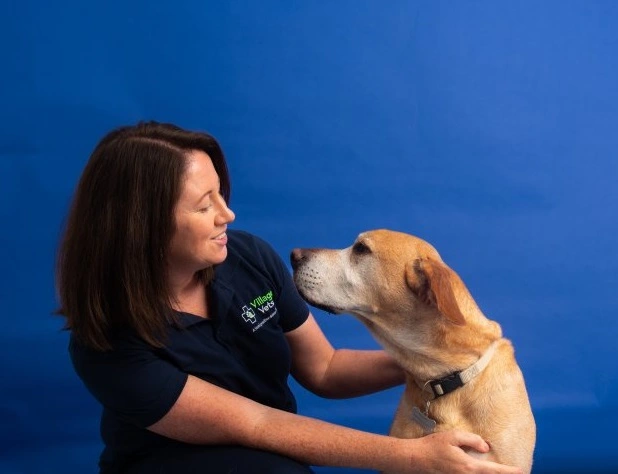- What is a pet passport?
It’s a document that certifies your pet is fit for travel and meets legal requirements.
- Does my pet need vaccinations to travel?
Yes, specific vaccines like rabies are mandatory for most countries.
- How long does it take to get a passport?
We recommend starting the process at least a month before travel.
- Can all pets get passports?
Dogs, cats, and ferrets are commonly eligible; we’ll confirm based on your pet.
- Are there travel restrictions for pets?
Each country has unique regulations; we’ll guide you through them.
Pet Health Plan: Unlimited Vet Visits & More – Learn more
Pet Health Plan: Unlimited Vet Visits & More for Just €24/Month – Learn More








